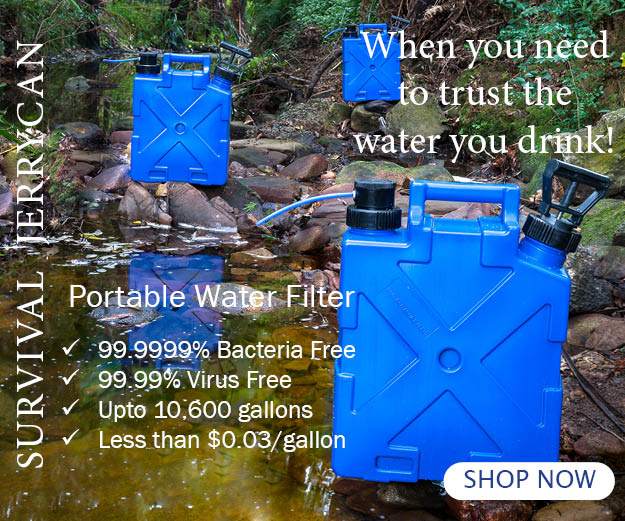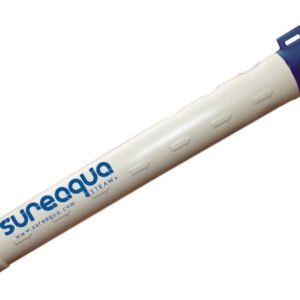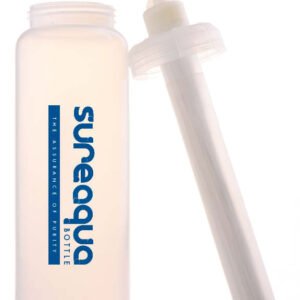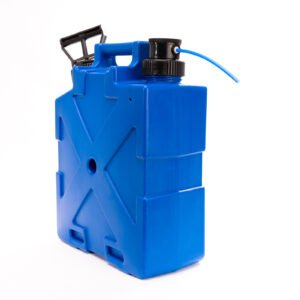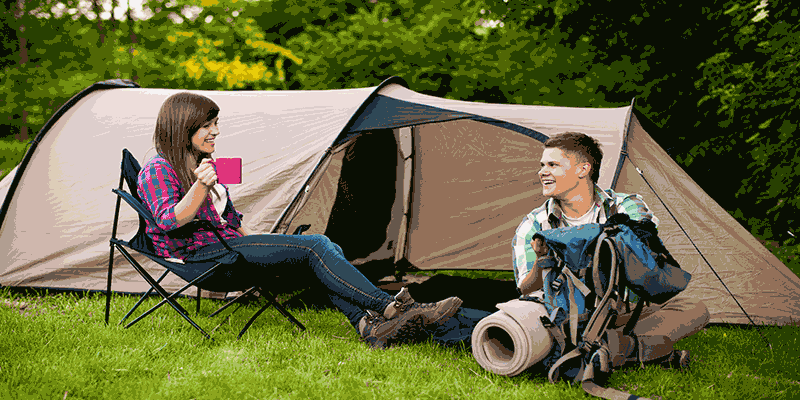
Water Camping? The Dangers of Camping near Water
Reasons why not to camp near a body of water
So you’ve decided to brave the wilderness and go camping. It’s essential you know what you’re doing to minimize harm to the environment and have a good time. Make sure your not Water Camping.
Be very selective when choosing your campsite. Inexperienced campers often opt for water camping, setting up camp by the edge of a body of water with the idea of waking up and leaping straight in. Although water camping always seems like a good idea, it very rarely is.
Hygiene is the #1 cause of Gastro
There are several reasons why water camping is usually a bad idea:
- Mosquitos can breed in any body of water and are usually rife around creeks, rivers, waterholes, and lagoons. If you camp near the water, you’re likely to be kept up scratching and swatting.
- You’re more likely to get wet. Many water bodies are tidal, so even when you think you’re far enough away from the water, you can wake up three-inches deep in water. It’s also likely that the plants and the ground around the water have retained a lot of the moisture. This can mean the water comes through the bottom of your tent and seems to seep into everything.
- If you’re in a well-known area, water camping can end up being a very public, noisy experience. What seemed to be a private oasis when you set up a camp can quickly turn into some theme park for teenagers and obnoxious tourists.
- Water camping can have a very negative effect on the ecosystem. The plants and wildlife around a water body are particularly vulnerable, especially if there is any hanging swamp. As a general rule, make your campsite a minimum of 200 feet away from any natural water source.
Did you know nearly 96% of people suffer from Gastro in their life
So, where should you camp?
It’s best to choose a private spot with some protection from the elements. Go for an area hidden by an incline in the land or under cover of low trees. However, be careful of tall trees as they can lose branches at any time and are especially dangerous during storms or when there are strong winds.
Despite the downsides of water camping, don’t stray so far away from a body of water that you don’t have reasonably easy access to water . If you do all this, you can be sure to have a camping trip that is more private, comfortable, and sustainable.
To minimize your impact on the environment while camping, be careful when bathing and washing up.
Avoid using harsh soaps or chemicals, as these can severely damage the ecosystem and pollute any body of water.
Instead, embrace your surroundings and opt for using sand as a natural scrub for your body and campfire ashes as an alternative to dishwashing liquid.
It’s also a good idea to know the essentials of water purification before you go to ensure your camping water is safe.
